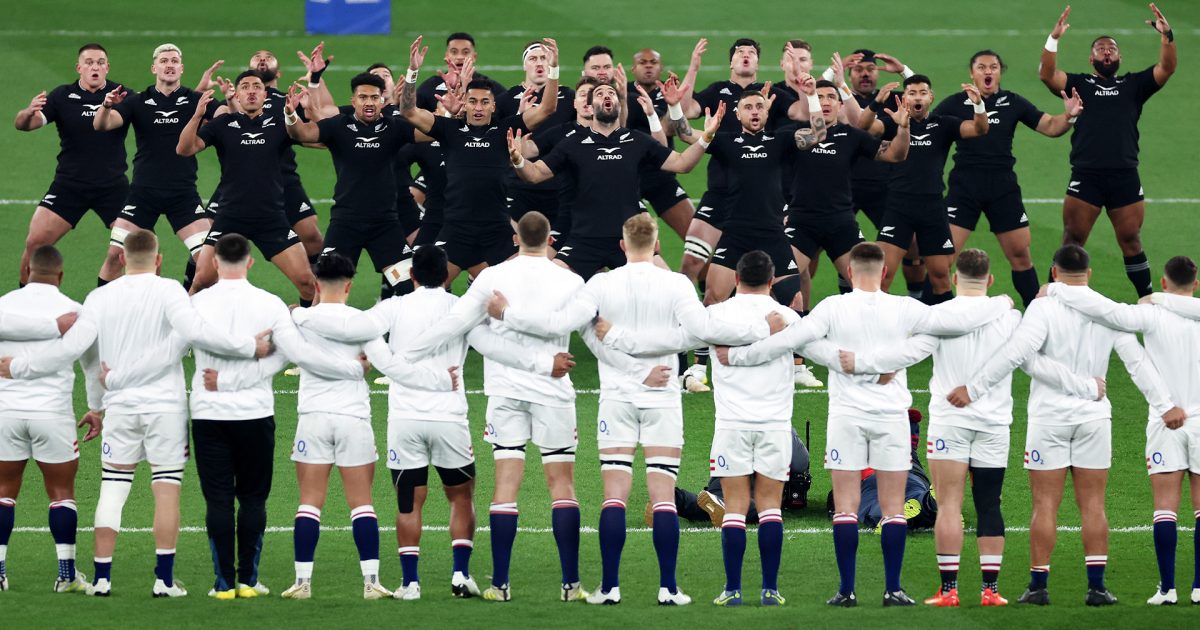Powerhouses set to square off as 2024 July tours revealed

Six huge matchups have been reported for the 2024 July tours, potentially the last of the traditionally scheduled international seasons as global rugby executives look to implement the new Nations Championship from 2026 onwards.
On Wednesday, The Times reported the July 2024 slate which was “pencilled in” during a 2017 global rugby summit in San Francisco. Each series was drawn up with the initial idea of limiting player workload following a World Cup, meaning the teams would play two matches instead of the usual three. This may be amended by the time 2024 rolls around with the possibility of teams setting up non-Test matches for their fringe players.
The 2025 Lions Tour of Australia also disrupts the annual July tour schedule, so if a Nations Championship is to come into play in 2026, then the 2024 international season poses the final opportunity for the northern hemisphere teams to secure series-winning history on southern soil.
Here are the reported matchups:
England would travel to New Zealand for the first time since 2014, giving Steve Borthwick his first and potentially England’s only shot at claiming a series victory on New Zealand soil. The storylines here could be fascinating; will it be Borthwick vs Foster or Robertson – or someone else? Who will line up against Marcus Smith with the departure of both Richie Mo’unga and Beauden Barrett? How many experienced campaigners will each side be having to replace after the World Cup? That final question can of course be applied to all of the Test series.
Current World No 1 ranked Ireland would travel to current defending world champions, South Africa. Both aforementioned titles may be a distant memory by the time the sides lined up in Johannesburg. The reputation of the two sides at World Cups are polar opposites – South Africa hit form just as the 2019 tournament’s knockout stages commenced while Ireland’s critics are constantly chirping to the tune of “they’re peaking too early”. Just what kind of World Cup success each team will be riding would be sure to add plenty of intrigue and narrative to the series, as is the beginning of Ireland’s post-Johnny Sexton era.
Argentina would host France, hoping to end Les Bleus run of four straight wins and go one better than both the 2016 and 2012 tours where the two nations split the two-game series one apiece. The youthful nature of France’s team means there will be less significant turnover following the 2023 World Cup, so Los Pumas would have an almighty challenge on their hands.
Wales would visit Australia, a tour that historically, Australia has dominated. Although, with Dave Rennie’s tenure in Australia producing a weak 37% winning rate and the likes of Eddie Jones and Scott Robertson on the market, the matchup could look very different by 2024. Wales’ coaching instability makes their contribution to the tour equally as difficult to project. Similarly, the tour would offer an opportunity to turn over a new leaf for both the team in gold and in red.
Scotland would tour the Pacific islands, exactly what this entails is unconfirmed. Itlay would fly to both Canada and the USA, with the latter hoping to draw more international competition as they ready themselves as hosts of the 2031 Rugby World Cup.











































































